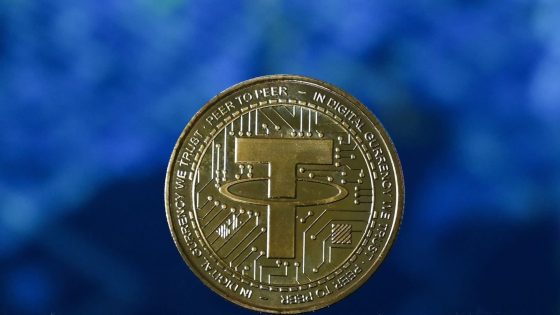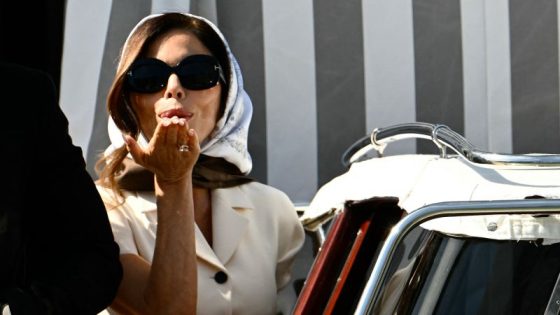Mark Zuckerberg is making headlines as Meta ramps up its efforts in the global AI race. With a strategy reminiscent of his previous successes, Zuckerberg is aggressively hiring and acquiring top talent to catch up with industry leaders like OpenAI and Google. As of June 28, 2025, this full-court press aims to position Meta as a formidable player in artificial intelligence.
- Zuckerberg's strategy: copy, poach, repeat.
- Meta aggressively hiring AI talent.
- Major investments in AI startups ongoing.
- Meta's AI still lags behind competitors.
- Criticism of Meta's lack of innovation.
- Future of AI relies on originality, not money.
Meta’s recent moves include enticing AI experts with lucrative offers and acquiring innovative startups. However, critics question whether this approach will foster true innovation or merely replicate existing technologies. Can Zuckerberg’s strategy of “copy, poach, repeat” secure Meta’s place in the future of AI?
The implications of Meta’s AI ambitions extend beyond the U.S. market. As the company seeks to leapfrog competitors, it raises questions about the future of AI development worldwide. Will this approach lead to breakthroughs or stifle creativity? Consider these perspectives:
- In Europe, regulatory scrutiny may challenge Meta’s rapid expansion.
- Asia-Pacific countries are investing heavily in homegrown AI solutions, increasing competition.
- In the Americas, public sentiment towards tech giants influences investment and innovation.
As Meta pushes forward, the global tech community will be watching closely. Will Zuckerberg’s strategy yield the innovative AI solutions the world needs, or will it merely amplify existing technologies? The stakes are high, and the future of AI is at a crossroads.

































